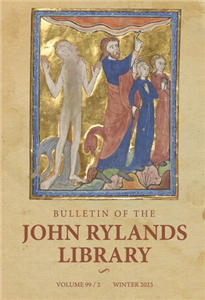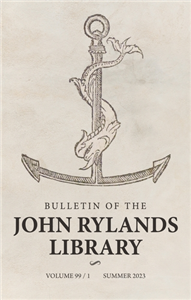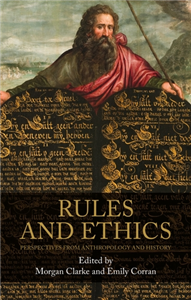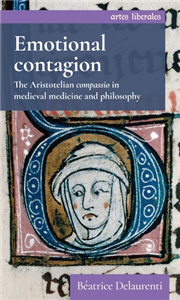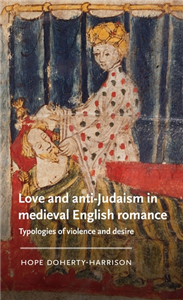John of Salisbury and the medieval Roman renaissance
by Irene O'Daly, Steve Rigby
This book is a detailed but accessible treatment of the political thought of John of Salisbury. It shows how aspects of his thought - such as his views on political cooperation and virtuous rulership - were inspired by the writings of Roman philosophers, notably Cicero and Seneca. Investigating how John accessed and adapted the classics, the book argues that he developed a hybrid political philosophy by taking elements from Roman Stoic sources and combining them with insights from patristic writings. By situating his ideas in their political and intellectual context, it offers a reassessment of John's political thought, as well as a case study in classical reception, of relevance to students and scholars of political philosophy and the history of ideas.





